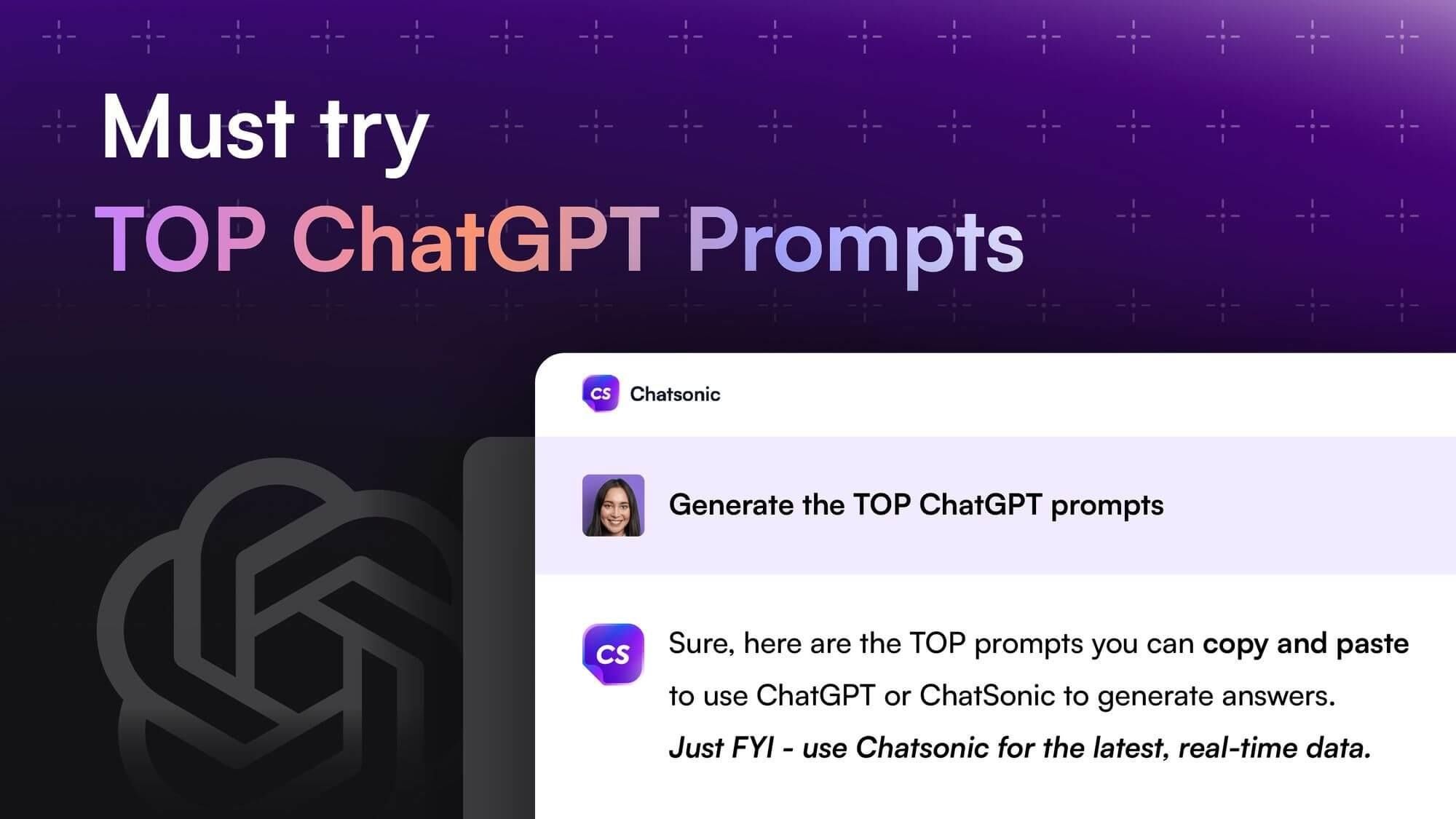

Let’s learn more about this topic below with Bottle Flip. The world of AI tools for students and creators is rapidly evolving, offering innovative solutions to enhance learning and creativity. From research assistance to content generation, these tools are revolutionizing the way we work and learn.
Artificial Intelligence has become an integral part of our daily lives, and its application in education and creative fields is no exception. AI tools designed for students and creators are transforming the way we approach learning, research, and content creation. These innovative solutions are not just about automating tasks; they’re about augmenting human capabilities and pushing the boundaries of what’s possible in education and creative industries.
For students, AI tools offer a wide range of benefits. They can help with research by quickly sifting through vast amounts of information, summarizing key points, and even suggesting relevant sources. Some AI-powered platforms can assist in generating study materials, creating flashcards, or even providing personalized learning paths based on individual strengths and weaknesses. The potential for AI to revolutionize education is immense, from enhancing the learning experience to providing more equitable access to quality education resources.
On the other hand, creators are finding AI to be an invaluable ally in their creative processes. Whether it’s a writer looking for inspiration, a graphic designer seeking new visual ideas, or a musician exploring unique compositions, AI tools are opening up new possibilities. These tools can generate ideas, assist in content creation, optimize workflows, and even help in analyzing audience preferences to create more engaging content. The integration of AI in creative fields is not about replacing human creativity but rather about enhancing it and pushing it to new heights.
When it comes to AI tools for students, the market is brimming with options designed to cater to various academic needs. One of the most popular categories is AI-powered writing assistants. These tools go beyond simple grammar and spell checks, offering suggestions for improving sentence structure, enhancing vocabulary, and even helping with citations and references. Some advanced AI writing tools can even help students brainstorm ideas for essays or research papers, providing a starting point for their academic work.
Another crucial area where AI is making a significant impact is in research and information synthesis. AI-powered research tools can help students quickly find relevant sources, summarize lengthy articles, and even generate literature reviews. This not only saves time but also helps students develop a more comprehensive understanding of their subject matter. Some AI tools can even analyze the credibility of sources, helping students distinguish between reliable and unreliable information in the vast sea of online content.
Language learning is another field where AI is proving to be a game-changer for students. AI-powered language learning apps can provide personalized lesson plans, real-time pronunciation feedback, and even simulate conversations to help students practice their language skills. These tools often use natural language processing to understand the nuances of language, offering a more immersive and effective learning experience than traditional methods.
In the realms of mathematics and science, AI tools are revolutionizing how students approach complex problems. There are AI-powered calculators that not only solve equations but also provide step-by-step explanations, helping students understand the problem-solving process. For science subjects, virtual labs powered by AI can simulate experiments, allowing students to explore scientific concepts in a safe and cost-effective environment. These tools are particularly valuable for distance learning or in situations where physical lab access is limited.
AI is also making strides in adaptive learning platforms for math and science. These systems use AI algorithms to analyze a student’s performance and tailor the learning experience accordingly. They can identify areas where a student is struggling and provide additional practice or explanations. Conversely, they can also recognize when a student has mastered a concept and move them on to more challenging material, ensuring that each student progresses at their optimal pace.
For content creators, AI tools are opening up new frontiers of creativity and efficiency. One of the most significant impacts has been in the realm of content generation. AI-powered writing tools can now generate articles, social media posts, and even marketing copy. While these tools aren’t meant to replace human creativity, they can serve as excellent starting points or idea generators. They can help overcome writer’s block, suggest different angles for a topic, or even adapt content for different platforms and audiences.
In the visual arts, AI is making waves with tools that can generate images from text descriptions, create unique artwork styles, or even assist in photo editing and enhancement. Graphic designers are finding AI tools that can help with layout suggestions, color palette recommendations, and even font pairing. These tools are not just about automation; they’re about expanding the creative possibilities and allowing artists to explore new styles and techniques they might not have considered otherwise.
For video content creators, AI is streamlining the editing process. There are now AI-powered video editing tools that can automatically cut footage, suggest edits based on the content, and even generate captions and subtitles. Some advanced AI tools can analyze the emotional content of a video and suggest background music that matches the mood. This not only saves time but also helps creators focus more on the creative aspects of their work rather than getting bogged down in technical details.
The music industry is also experiencing a transformation thanks to AI tools. Composers and producers are using AI to generate unique melodies, harmonies, and even entire backing tracks. These tools can analyze existing music styles and generate new compositions that fit within those styles, offering inspiration or serving as a starting point for original compositions. AI is also being used in audio mastering, helping to balance and enhance the final mix of a track.
For podcasters and audio content creators, AI tools are proving invaluable. There are now AI-powered tools that can transcribe audio to text with high accuracy, making it easier to create show notes or subtitles. Some advanced tools can even analyze the content of a podcast and suggest relevant topics for future episodes or identify the most engaging segments of a show. This data-driven approach is helping creators better understand and cater to their audience preferences.
As we embrace the potential of AI tools in education and creative fields, it’s crucial to address the ethical considerations that come with this technology. For students, there’s a fine line between using AI as a learning aid and relying on it too heavily, potentially hindering the development of critical thinking skills. Educational institutions are grappling with how to integrate AI tools into curricula while ensuring academic integrity and fostering genuine learning.
In the creative world, the use of AI raises questions about originality and authorship. As AI-generated content becomes more sophisticated, there’s a need to establish clear guidelines on attribution and copyright. There’s also the concern of AI potentially homogenizing creative output if not used thoughtfully. Creators need to find a balance between leveraging AI’s capabilities and maintaining their unique creative voice.
Looking to the future, the integration of AI in education and creative fields is only set to deepen. We can expect to see more personalized learning experiences, with AI tailoring educational content to individual learning styles and paces. In the creative realm, we might see AI tools that can understand and replicate more nuanced aspects of human creativity, potentially leading to collaborative AI-human creative processes.
As these tools continue to evolve, there’s a growing need for digital literacy education that includes understanding AI. Students and creators alike will need to develop skills in effectively using and critically evaluating AI tools. This includes understanding their limitations, potential biases, and how to use them ethically and responsibly.
The emergence of AI tools for students and creators marks a significant shift in how we approach learning and creativity. While these tools offer exciting possibilities, they also come with responsibilities. As we move forward, the key will be to harness the power of AI to enhance human capabilities rather than replace them, fostering an environment where technology and human creativity work in harmony to push the boundaries of what’s possible in education and creative expression.
In conclusion, AI tools for students and creators are not just changing the way we learn and create; they’re opening up new possibilities that were previously unimaginable. From personalized learning experiences to groundbreaking creative collaborations, the potential is vast. However, as we embrace these technologies, we must also remain mindful of their limitations and ethical implications. The future of education and creativity lies not in AI alone, but in the synergy between human ingenuity and artificial intelligence. As we continue to explore and develop these tools, we stand on the brink of a new era in learning and creativity, one where the Bottle Flip of ideas between human and machine leads to unprecedented innovations and discoveries.